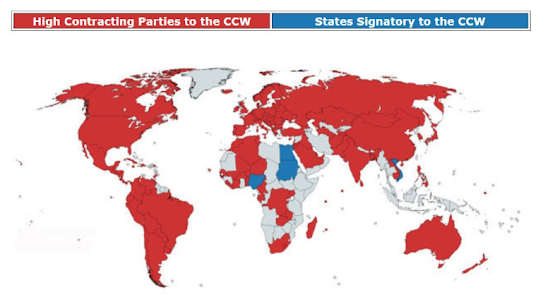Integrated Public Alert System-सचेत
Integrated Public Alert System-सचेत, an early warning platform based on ITU’s Common Alerting Protocol (CAP), has been developed by C-DOT for effective disaster management. The platform has been widely used by National and State Disaster Management authorities for dissemination of alerts, advisories and other useful information to the massses on all available media during emergencies like floods, cyclones and Covid pandemic. It provides a converged platform for dissemination of targeted alerts to people in vernacular languages through SMS. As a one-stop solution and a concrete step towards realizing Hon’ble Prime Minister’s 10 point Agenda for Disaster Risk Reduction, soon messages will be disseminated over all available communication media including, Cell Broadcast, Radio, TV, Siren, Social Media, Web Portal and Mobile Application. The system is already operational in 34 States and UTs. More than 75 Crores SMSes have already been sent by the system during various disasters like Cyclon
